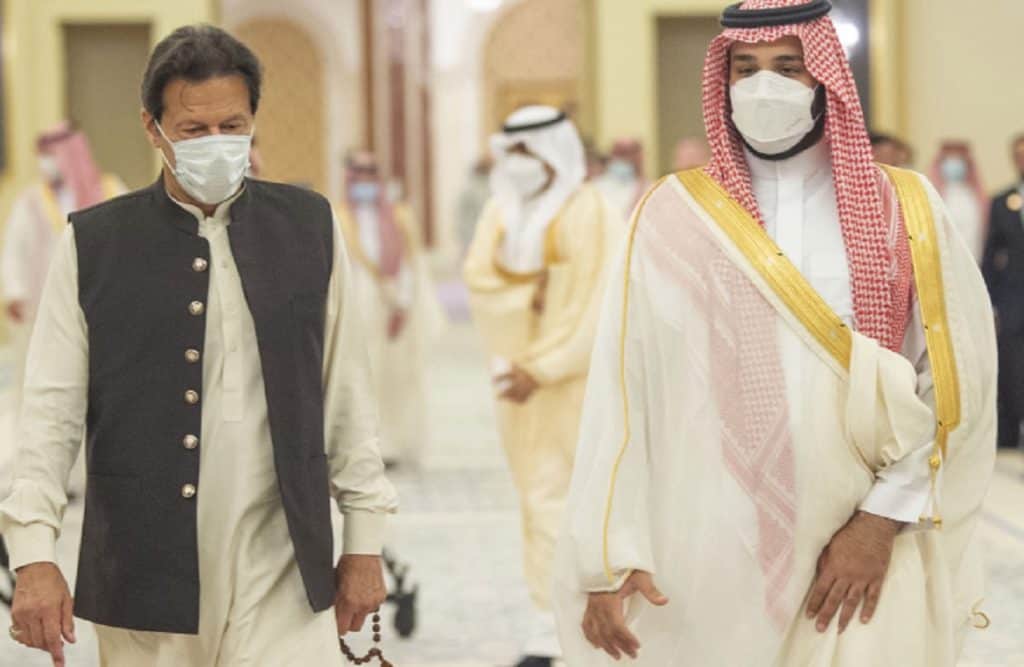World Geostrategic Insights interview with Shanthie Mariet D’Souza on the reasons for India’s growing involvement…
-
- India’s Growing Engagement with Taliban in Afghanistan: Countering Chinese and Pakistani influence
- Trump 2.0: How America First Foreign Policy is Reshaping the World Order
- The Challenges to Canada’s National Security in the Trump Era
- China-Iran Relations: Strategic Importance and Prospects Under Trump Pressure
- Forecasting the Invisible World War III
- Lucky China: The Burial of America’s Hegemony
- How Jaffar Express Ambush Exposes Pakistan’s Hybrid Warfare in Balochistan
- The Paradox of International Human Rights Machinery: Power, Protection, and Selective Justice
- Rare Earths’ Global Geopolitical and Economic Importance
- The Political Quagmire of Jammu and Kashmir: A Call for Justice and Self-Determination







